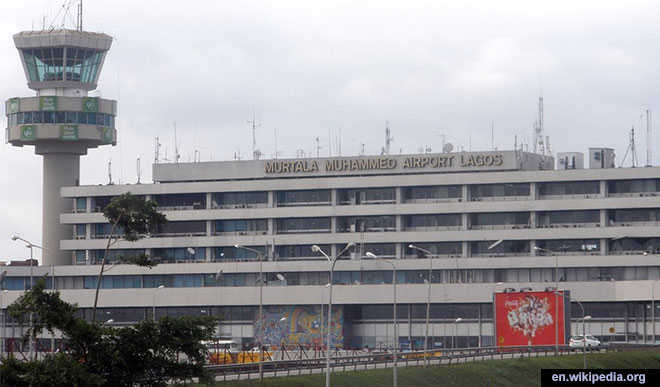Engineers flay closure of Abuja airport
The President of Nigerian Society of Engineers, NSE, Otis Anyaeji has kicked against plans by the Federal Government to temporarily shut down the Abuja airport, saying such decision was ‘not an option’. He also said the 6- week duration fixed for the repair of the Nnamdi Azikwe International Airport (NAIA), Abuja was unrealistic. Anaeji stated […]


The President of Nigerian Society of Engineers, NSE, Otis Anyaeji has kicked against plans by the Federal Government to temporarily shut down the Abuja airport, saying such decision was ‘not an option’.
He also said the 6- week duration fixed for the repair of the Nnamdi Azikwe International Airport (NAIA), Abuja was unrealistic.
Anaeji stated this during a briefing in Abuja. He said government ought to consider the economic and social implications of the airport shut down, and should rather embrace modern engineering model adopted during runway repair of the Frankfurt Airport, Germany.
He said government could also adopt other options such as repairing the runway in batches or embark on the repair from 6.00p.m. to 6.00a.m. instead of total closure of the airport.
According to him, total closure would also create problems for passengers and cargo aircrafts.
He said that the choice of the Kaduna International Airport or Niger State Airport was out of place even as he called for immediate repair of the second runway.
“An example is the replacement of the aging Frankfurt Airport runway in 2005, closure of the runway was not an option. All works was scheduled in a seven-and-a-half hour night-time window over 300 nights in 15m section of the main runway. The replacement material by dawn was hard enough to hold a Boeing 747 and cool enough not to explode its tyres,” he said.
In his remarks, NSE Deputy President, Engr. Adekunle Mokuolu enjoined President Muhammadu Buhari to appoint competent local engineers to manage construction projects across the country to avoid capital flight.
Mokuolu said it was inappropriate for government to use tax payers’ money to enrich citizens and economy of other countries and called for partnerships among African nations in terms of building infrastructures rather than always depending on foreign nations.
